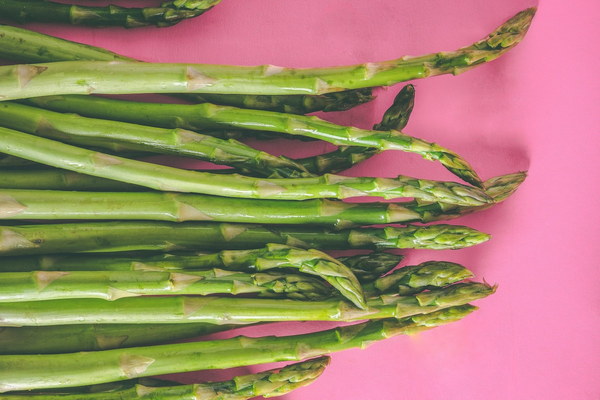Unveiling the Coolness How Herba Epimedii Clears Lung Heat
In the realm of traditional Chinese medicine (TCM), Herba Epimedii, also known as Digen Pi, has been a go-to herb for generations. With its cooling properties and its ability to clear heat from the lungs, it has been widely used to treat a variety of respiratory ailments. This article delves into the fascinating world of Herba Epimedii and its role in alleviating lung heat.
Herba Epimedii, a herb derived from the Epimedii plant, has been a staple in TCM for centuries. The plant is native to China and Japan and is known for its cooling and anti-inflammatory properties. Its active components, including flavonoids and tannins, are believed to be responsible for its therapeutic effects.
Lung heat is a common condition in TCM, characterized by symptoms such as dry cough, sore throat, fever, and excessive thirst. It is often caused by factors like excessive smoking, air pollution, or exposure to dry and hot environments. Herba Epimedii is an excellent choice for treating lung heat due to its cooling nature.
One of the primary mechanisms by which Herba Epimedii clears lung heat is by promoting the production of saliva. Saliva helps to moisten the throat and lungs, which can alleviate symptoms such as dry cough and sore throat. This herb also has a diuretic effect, which helps to remove excess heat and toxins from the body through urine.

Another way Herba Epimedii combats lung heat is by enhancing the immune system. It can boost the body's ability to fight off infections, thereby reducing the risk of respiratory illnesses. This is particularly beneficial during the cold and flu season when lung heat is more prevalent.
Herba Epimedii is often used in combination with other herbs to create customized formulas for various respiratory conditions. Some common herbal combinations include:
1. The Jing Fei Decoction (Jing Fei Yin): This formula combines Herba Epimedii with other cooling and lung-clearing herbs such as Scutellaria baicalensis (Huang Qin) and Platycodon grandiflorus (Jie Geng). It is used to treat dry cough, sore throat, and fever.
2. The Yin Fei Decoction (Yin Fei Yin): This formula combines Herba Epimedii with other nourishing and lung-soothing herbs like Adenophora stricta (Xian He Cao) and Ophiopogon japonicus (Mi Xue Ren). It is used to treat chronic cough, night sweats, and fatigue.
3. The Xiao Chai Hu Tang (Xiao Chai Hu decoction): This classic formula, which includes Herba Epimedii, is used to treat various conditions, including lung heat, as well as liver Qi stagnation and summer-heat syndromes.
While Herba Epimedii is a powerful herb, it is essential to consult with a qualified TCM practitioner before using it. Some individuals may experience adverse reactions or contraindications when taking Herba Epimedii, particularly those with certain underlying health conditions or those who are pregnant or breastfeeding.
In conclusion, Herba Epimedii is a valuable herb in the TCM arsenal, offering a natural and effective way to alleviate lung heat and respiratory ailments. Its cooling properties, immune-boosting effects, and ability to promote saliva production make it an excellent choice for those seeking relief from dry cough, sore throat, and other symptoms related to lung heat. As always, seeking professional guidance is crucial when incorporating any herbal remedies into your health regimen.









